Bali, renowned for its breathtaking landscapes and vibrant cultural heritage, has emerged as a prime destination for educational tourism. This tropical island is not just about beaches and temples; it offers a unique blend of learning experiences through its rich ecosystems and sustainable practices. Organizing an eco field trip to Bali means immersing students in real-world environmental education, from exploring mangrove forests to understanding traditional farming techniques. The wonderful experiences and relationships formed between students and staff during these trips highlight the engaging and well-organized nature of the activities. Additionally, educational tourism can benefit the region by enhancing the local economy and attracting more travelers. Whether paddling through serene waters on a Bali canoe eco tour or learning about mangrove conservation, Bali’s natural charm and commitment to preservation make it an ideal educational destination.
One of the most rewarding aspects of organizing an eco field trip in Bali is the variety of activities that seamlessly blend learning and adventure. Students can kayak through mangrove ecosystems, trek through lush rice terraces, or engage in community-based conservation projects. Each activity encourages them to think critically about sustainability while enjoying Bali’s natural beauty. Opting for a Bali eco tour allows students to explore the island’s biodiversity and cultural heritage in an interactive way, making learning not just informative but also unforgettable.
Introduction to Eco Tourism
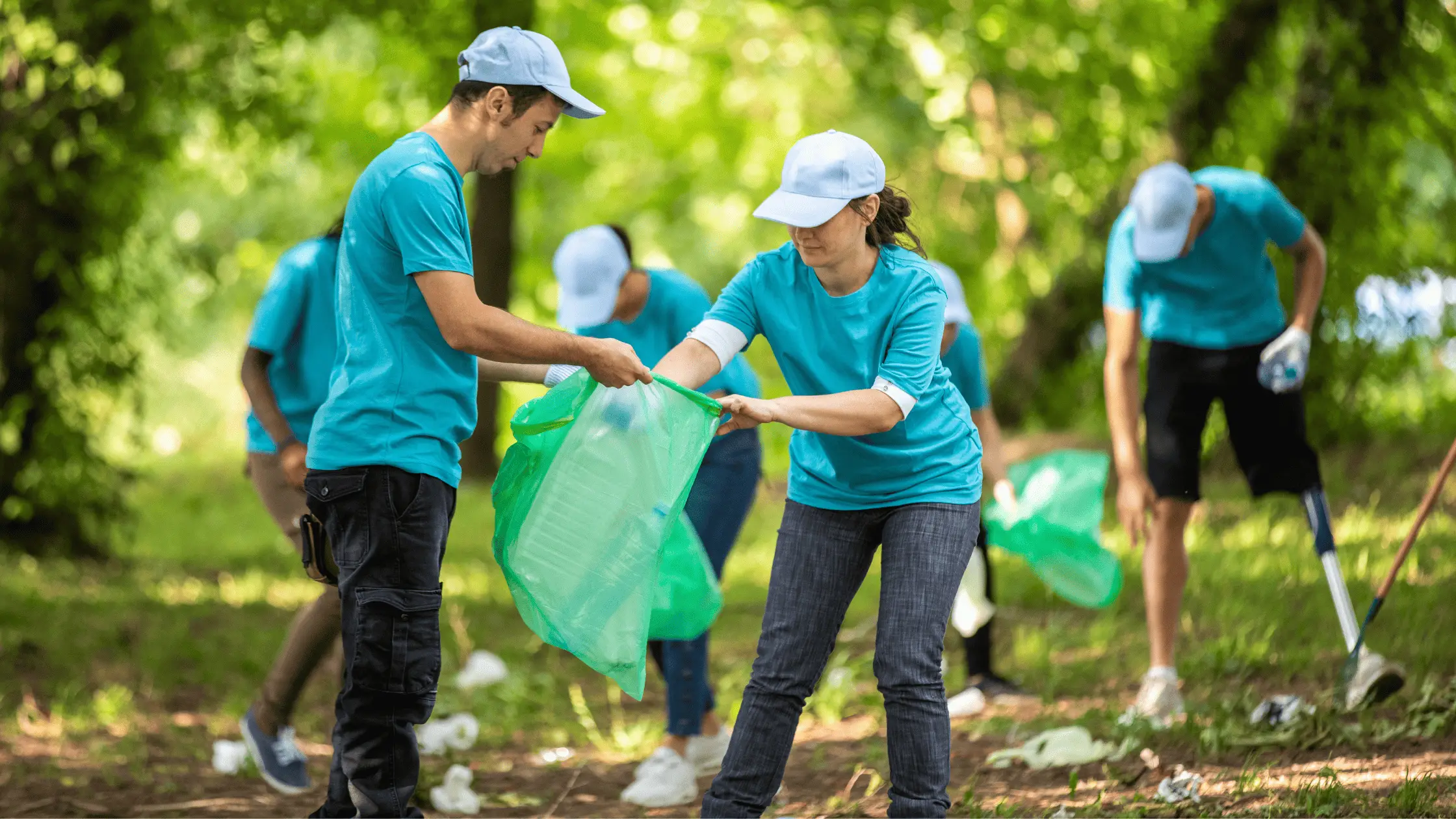
Image by South_agency from Getty Images SignatureEco tourism, also known as sustainable tourism, is a travel approach that prioritizes the conservation of the environment and the well-being of local communities. It involves responsible travel practices that aim to minimize the negative impacts of tourism on the environment, culture, and society. In Bali, eco tourism is gaining popularity, with numerous tour operators offering sustainable tours and activities that allow visitors to explore the island’s natural beauty while contributing to its conservation. For instance, the mangrove forest is a favored destination for eco tourists. Here, visitors can engage in activities such as canoeing, fishing, and wildlife watching, all while learning about the importance of conservation and sustainable tourism. These experiences not only provide enjoyment but also foster a deeper understanding of the delicate balance between tourism and environmental stewardship.
Setting Educational Objectives for Your Eco Field Trip

Image by FatCamera from Getty Images Signature
When planning an eco field trip to Bali, it’s essential to have clear educational goals in mind. Are you aiming to teach students about biodiversity, sustainable tourism, or community conservation? Clearly defining these objectives will guide your choice of activities and destinations. For example, if the focus is on marine ecosystems, a Bali mangrove canoe tour led by experienced instructors would be an excellent choice. This hands-on experience allows students to learn about the role of mangroves in coastal protection and carbon sequestration. Students can spend their time wisely on various educational activities, enriching their travel experience.
Creating a detailed itinerary is crucial for keeping the trip organized and maximizing its educational value. Consider dividing the experience into thematic segments, such as exploring mangrove ecosystems one day and learning about local agriculture the next. Including activities like Bali canoe eco tours and guided nature walks ensures that students gain practical insights into environmental conservation. An itinerary that balances adventure with learning will help students retain more knowledge and foster a deeper connection with nature.
Including visual aids and real-world interactions can significantly enhance the learning experience. For instance, showing students how locals sustainably harvest seaweed can inspire discussions on balancing economic needs with environmental protection. Including a workshop on traditional Balinese farming techniques can also give students firsthand knowledge of organic agriculture.
Planning the Itinerary

Image by Kameleon007 from Getty Images
Creating a well-rounded eco tourism itinerary requires thoughtful planning and collaboration with local partners. The goal is to design a trip that is both sustainable and enriching for participants. Start by selecting activities and tours that highlight Bali’s natural and cultural heritage. For example, a tour of the mangrove forest could include a canoeing adventure, a visit to a local fishing village, and a workshop on sustainable fishing practices. It’s crucial to choose accommodations that adhere to eco-friendly practices and to plan transportation that minimizes environmental impact. Additionally, ensure that the itinerary includes time for relaxation and leisure, allowing visitors to fully appreciate Bali’s stunning scenery and vibrant culture. By working closely with local communities and stakeholders, you can develop an itinerary that not only provides an unforgettable experience but also supports the local economy and promotes environmental conservation.
Experiencing Mangrove Canoe Adventures in Bali
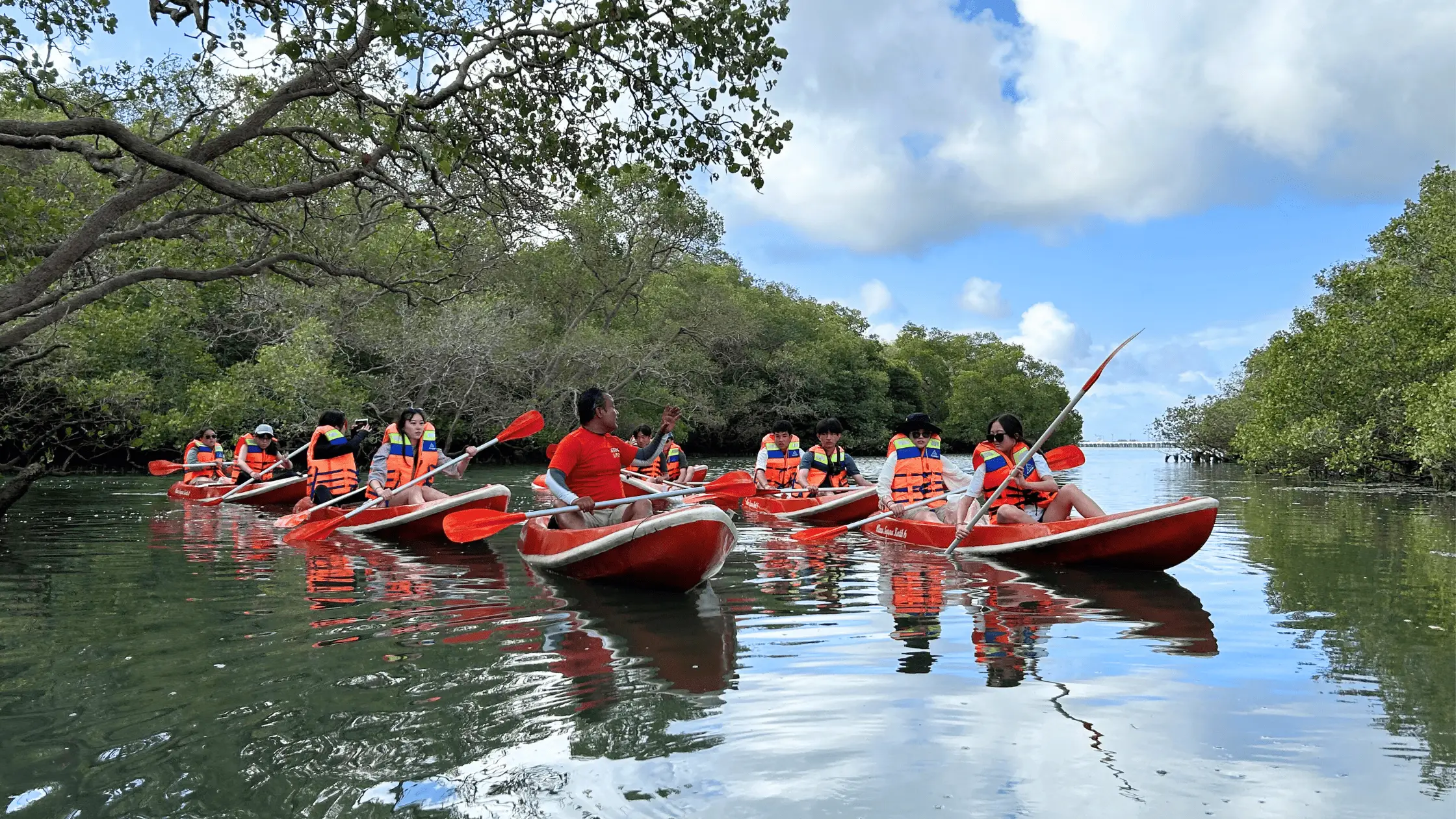
One of the most impactful ways to explore Bali’s coastal ecosystems is through a Bali mangrove canoe adventure, which presents unique experiences for tourists. Paddling through the calm waters of the mangrove forest, students can observe unique flora and fauna while understanding the crucial role these wetlands play in environmental health. Guided Bali canoe eco tours offer expert insights into the mangrove’s functions, from filtering pollutants to providing habitats for diverse wildlife. Students gain practical knowledge about conservation efforts and the challenges faced in preserving these vital ecosystems. This canoeing adventure is also designed to engage kids in learning about the environment, making it an educational and fun experience for young travelers.
Canoeing not only offers a thrilling experience but also a direct connection with nature. The slow pace allows for close observations, such as spotting crabs scuttling over roots or birds nesting among the trees. It’s an ideal way for students to witness the intersection between aquatic and terrestrial environments, fostering a holistic understanding of ecosystem dynamics.
Exploring Bali's Biodiversity
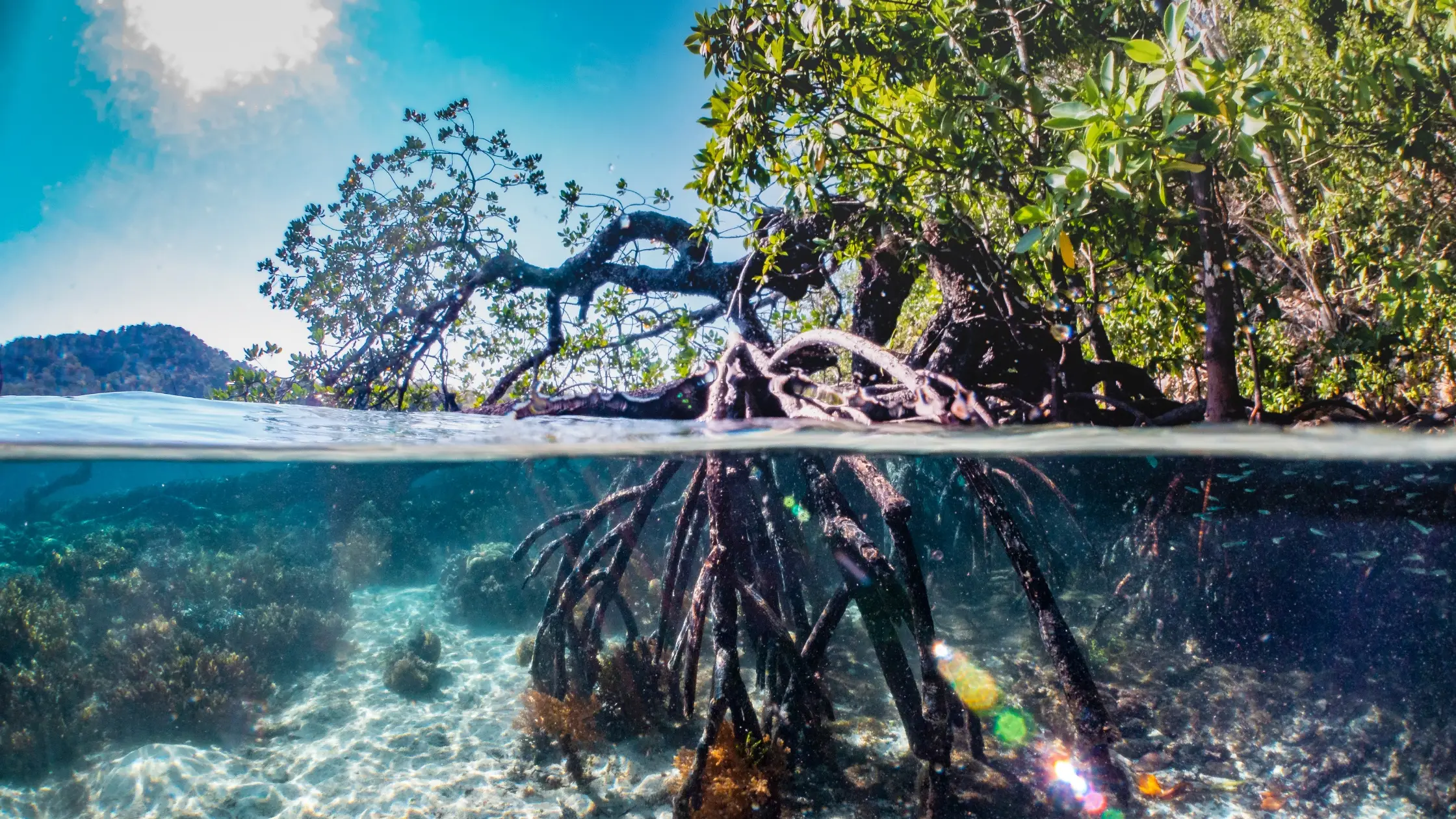
Image by Wan Yong Chong from Getty Images
Walks are a quintessential part of any Bali eco tour. Taking students through lush rainforests and terraced landscapes introduces them to the island’s remarkable biodiversity. During guided walks, students learn to identify native plant species and understand their significance in traditional agriculture, contributing to their personal development. Locations like the Bali Barat National Park and Jatiluwih Rice Terraces are particularly suited for educational treks, offering diverse ecosystems to explore within a single trip, thereby enhancing the educational experience.
Along the way, educators can encourage students to take notes and sketch what they see, fostering a deeper appreciation for Bali’s flora and fauna. These immersive experiences make lessons on biodiversity and sustainability more tangible, leaving a lasting impact on young minds. Including local guides who share insights into conservation practices can enrich the learning process even further.
Involving Students in Coastal Clean-Up Drives
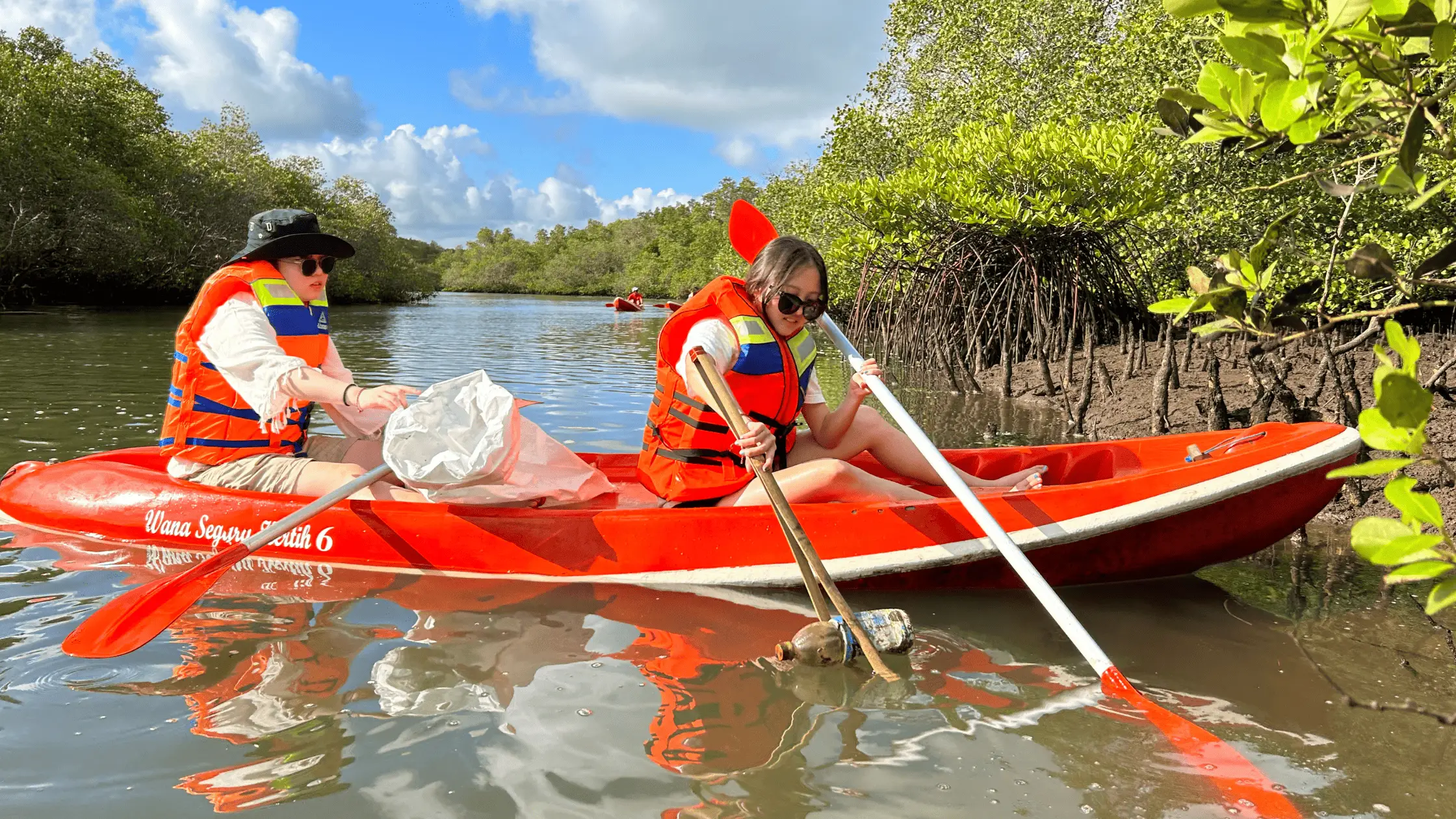
Organizing a coastal clean-up as part of an eco field trip teaches students about environmental responsibility and how their efforts contribute to environmental sustainability. Bali’s beaches, though beautiful, are not immune to the growing problem of litter and plastic pollution. By actively participating in cleaning up a designated shoreline or mangrove area, students not only help improve the natural environment but also gain a stronger understanding of waste management practices.
Partnering with local conservation organizations during the activity adds depth, offering insights into how marine debris harms wildlife and disrupts ecosystems. This hands-on experience makes environmental issues more relatable and immediate. Students can see the direct impact of human activity on coastal and marine habitats and learn practical actions to reduce their ecological footprint.
For example, areas like the Bali mangrove forest are excellent locations for clean-up activities due to their rich biodiversity and vulnerability to trash accumulation. These clean-up drives also inspire a sense of accomplishment and connection to nature, reinforcing the importance of protecting these ecosystems.
Over time, such initiatives not only help preserve the coastline but also empower the next generation of environmental stewards.
Educational Workshops and Cultural Exchanges
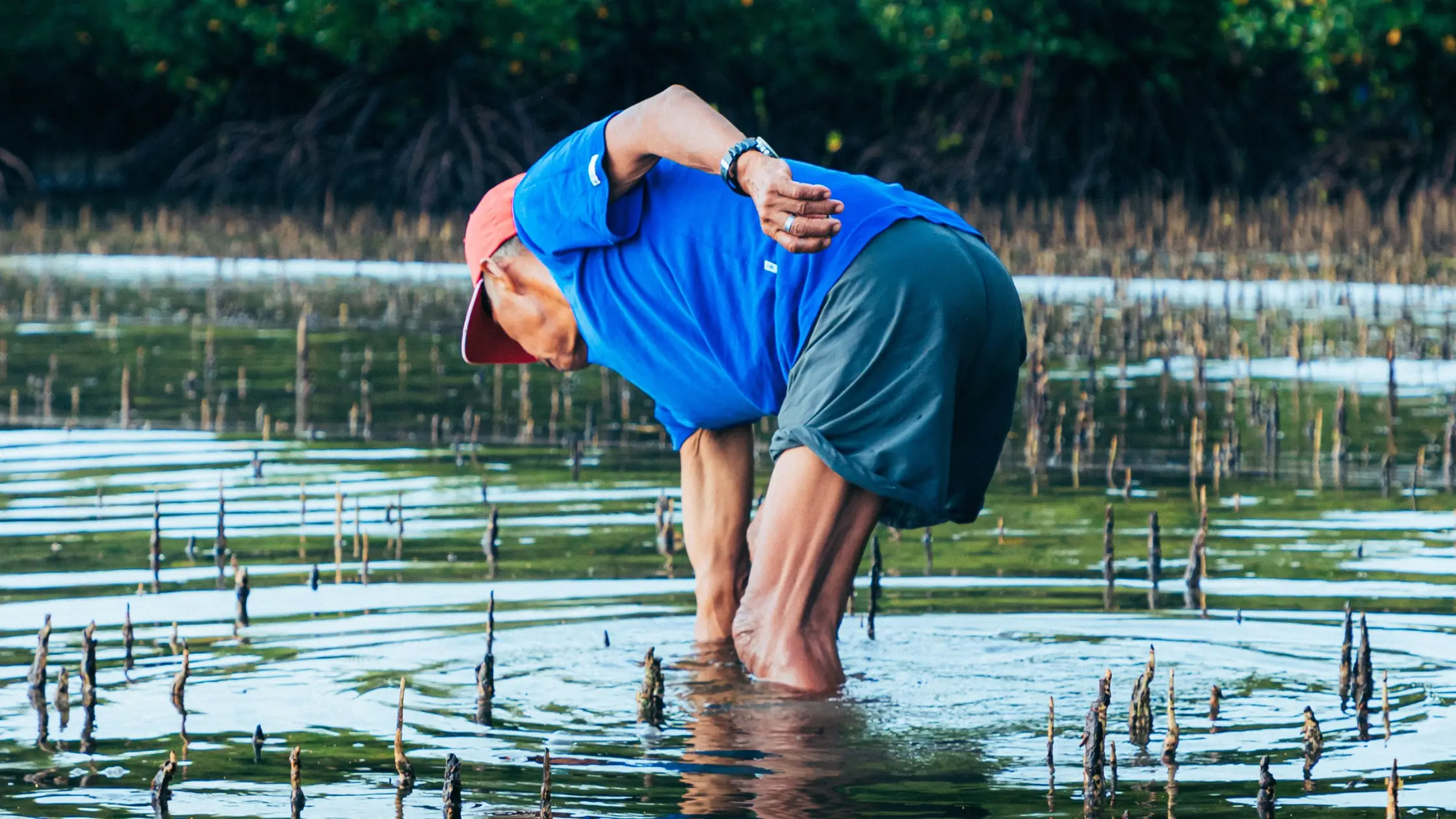
Image by Aris Leoven from Studio PhilippinesTo enrich the learning experience, consider organizing workshops focusing on environmental conservation and cultural practices. Teachers play a crucial role in facilitating these workshops, ensuring that activities align with curriculum goals and providing supportive interaction with experienced staff. For instance, a mangrove conservation workshop can teach students about the vital role these plants play in climate regulation. Collaborating with local NGOs provides authentic insights and expert knowledge, helping students grasp complex environmental issues. These workshops provide students with new knowledge about environmental conservation.
Cultural exchange programs also offer invaluable learning opportunities. Engaging with local community teaches students about sustainable livelihoods and how Balinese communities integrate tradition with modern eco-friendly practices. These sessions provide a more comprehensive understanding of Bali’s commitment to sustainability, beyond just its natural attractions.
Combining Adventure and Learning
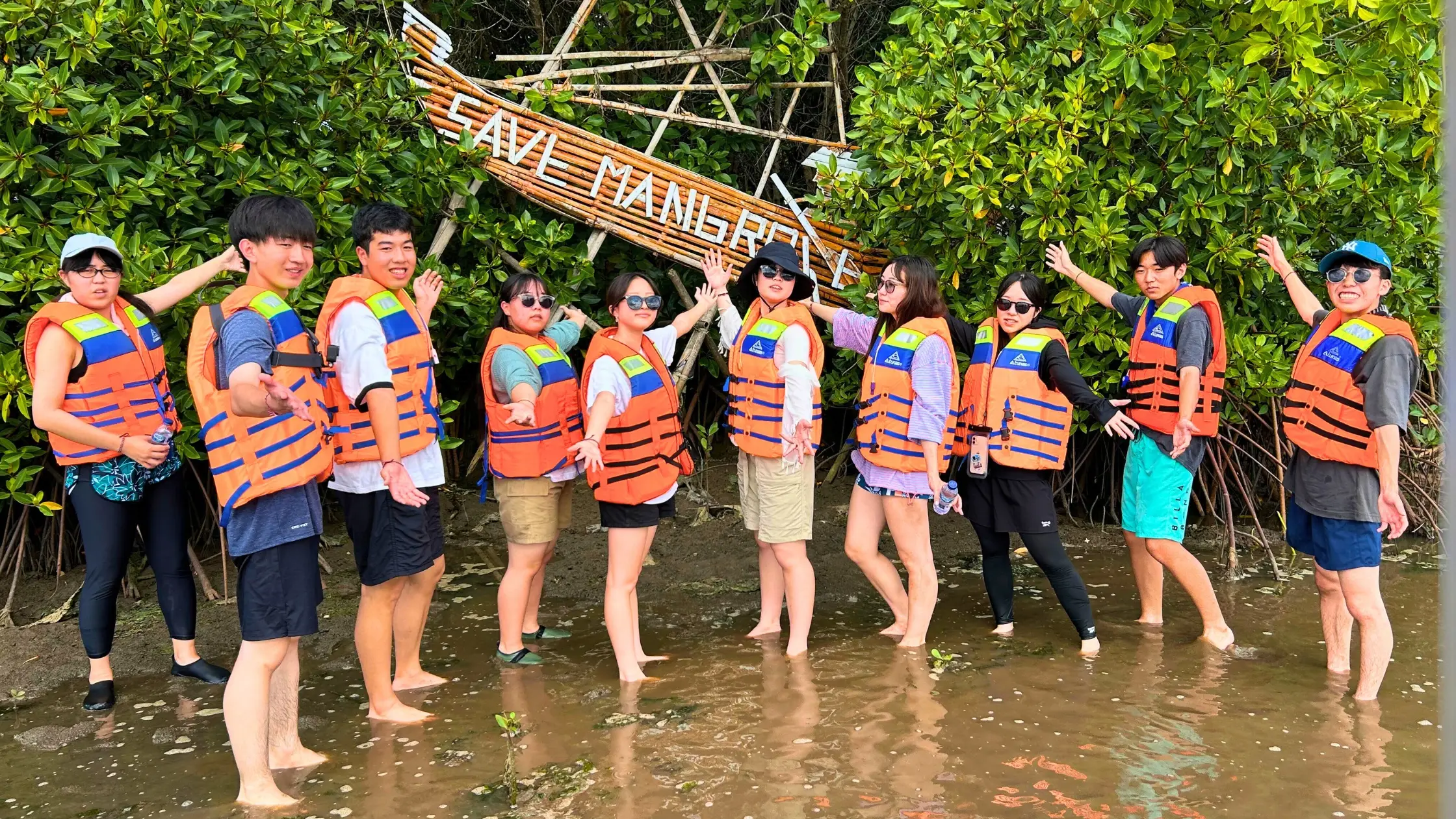
Corporating adventure into educational activities has long been a core part of experiential tourism, making eco field trips more dynamic and engaging for students. In Bali, this approach is easily applied through outdoor activities that blend excitement with education. For instance, snorkeling at sites like Tanjung Benoa allows students to explore vibrant coral reefs while gaining a deeper understanding of marine conservation. Seeing the underwater ecosystem firsthand brings topics like coral bleaching and reef preservation to life, making the learning more impactful.
Bamboo rafting along Bali’s rivers introduces students to freshwater ecosystems and emphasizes the importance of clean water habitats. As they navigate the calm currents, they have the opportunity to observe bird species, riparian plants, and the connections between land and water systems. These real-world encounters help students better grasp the concept of ecosystem interdependence.
Another valuable activity involves joining local community for mangrove palnting in Bali’s mangrove forests. Offered by programs like the Bali Mangrove Canoe Tour, this immersive experience helps students learn about mangrove conservation effort and the role mangroves play in supporting livelihoods. Beyond just a fun paddle through calm waters, it’s a chance to engage with the local community and witness environmental stewardship in action.
By combining adventure with education, these activities make conservation topics more relatable and ensure that students leave with both knowledge and memories that last.
Choosing Sustainable Accommodation and Dining

Image by Shrekton from Getty Images
Selecting eco-friendly accommodations that provide excellent service is an essential part of planning an eco field trip. Choose lodgings that follow sustainable practices, such as reducing plastic usage, composting waste, and sourcing local ingredients. Staying in places that promote environmental stewardship sets a positive example for students. Parents have expressed positive feedback about these sustainable practices, noting their beneficial impact on students' awareness and behavior.
When it comes to dining, choose restaurants that serve locally sourced and organic meals. Introducing students to traditional Balinese cuisine also provides insight into sustainable farming and food preparation techniques. Encourage students to reflect on how daily choices impact the environment, from the food they eat to the waste they generate.
Safety and Emergency Procedures
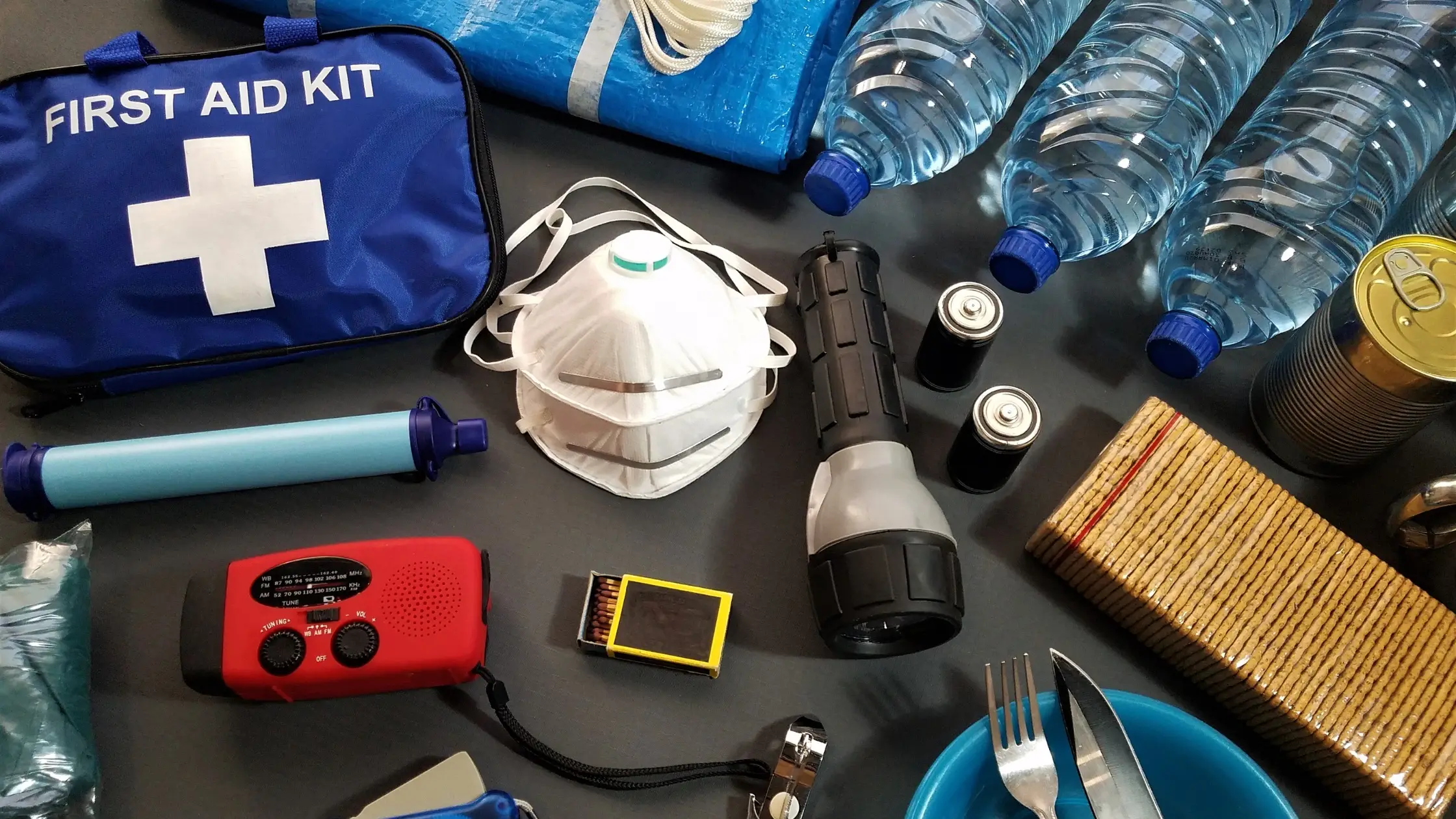
Image by Roger Brown from Pexels
Ensuring the safety of participants is paramount when planning an eco tourism trip. Tour operators should have a comprehensive safety plan that includes emergency contact information, first aid kits, and protocols for responding to natural disasters or other emergencies. Before embarking on any tour or activity, visitors should receive a thorough safety briefing. For instance, before a canoeing trip through the mangrove forest, the tour operator should explain what to do in case of a capsize or other emergency. It’s also essential to have measures in place for managing waste and minimizing the environmental impact of the tour. By prioritizing safety and preparedness, you can ensure that the trip is not only enjoyable but also secure for all participants.
Budgeting and Funding

Image by Olesia Bekh from Getty ImagesEffective budgeting and securing funding are critical components of planning an eco tourism trip. Tour operators should outline a clear budget that covers transportation, accommodations, food, and activities. It’s important to communicate the costs to visitors and clarify what is included in the trip price. Funding for eco tourism projects can come from various sources, such as government grants, private donations, and revenue from tour operations. For example, a mangrove forest tour might include a portion of the fee as a donation to a local conservation organization, supporting the protection and preservation of the forest ecosystem. By carefully managing finances and seeking diverse funding sources, you can create a sustainable and impactful eco tourism experience.
Fostering Environmental Stewardship
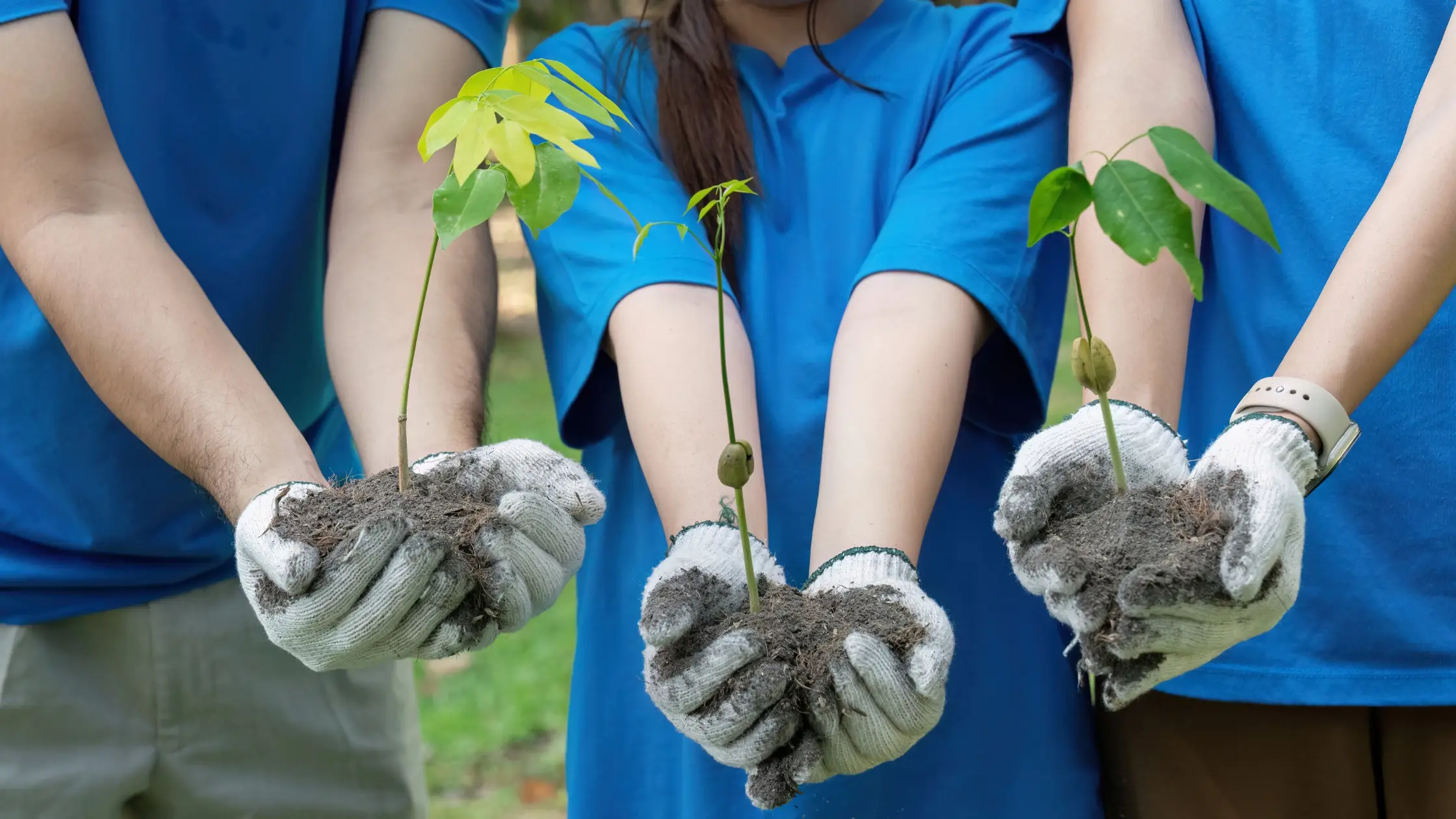
Image by Natee Meepian's Images
An eco field trip to Bali is more than an educational outing, it’s a transformative journey that inspires students to become eco-conscious individuals and fosters a broader impact on the planet. By combining hands-on activities, cultural immersion, and practical lessons on sustainability, students return home with a deeper understanding of environmental challenges and a stronger commitment to making a positive impact. Aligning these trips with the curriculum enhances student learning and ensures that the activities meet specific academic requirements.
For more information on organizing a Bali canoe eco tour or a kayak mangrove Bali experience, visit Bali Mangrove Adventure. Let your next educational journey not only be unforgettable but also a step toward fostering a more sustainable future.
Evaluating the Field Trip's Success

Image by bdspnimage
Evaluating the success of an eco tourism field trip is essential to ensure that it meets its goals and benefits the local community. Tour operators should establish clear criteria for success, including visitor satisfaction, environmental impact, and economic benefits to the local community. Gathering feedback from participants is crucial; for example, conducting a survey after a mangrove forest tour can provide insights into what worked well and what could be improved. Metrics such as the reduction of waste, the preservation of natural habitats, and the economic support provided to local communities can help measure the trip’s impact. By focusing on sustainable tourism practices and continuously seeking ways to improve, eco tourism can be a powerful tool for promoting conservation and supporting local
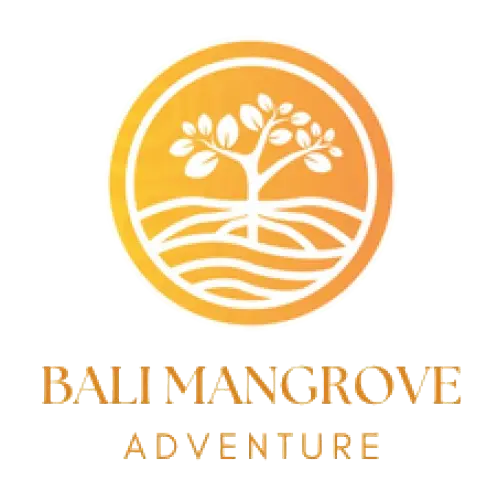
 EN
EN JP
JP


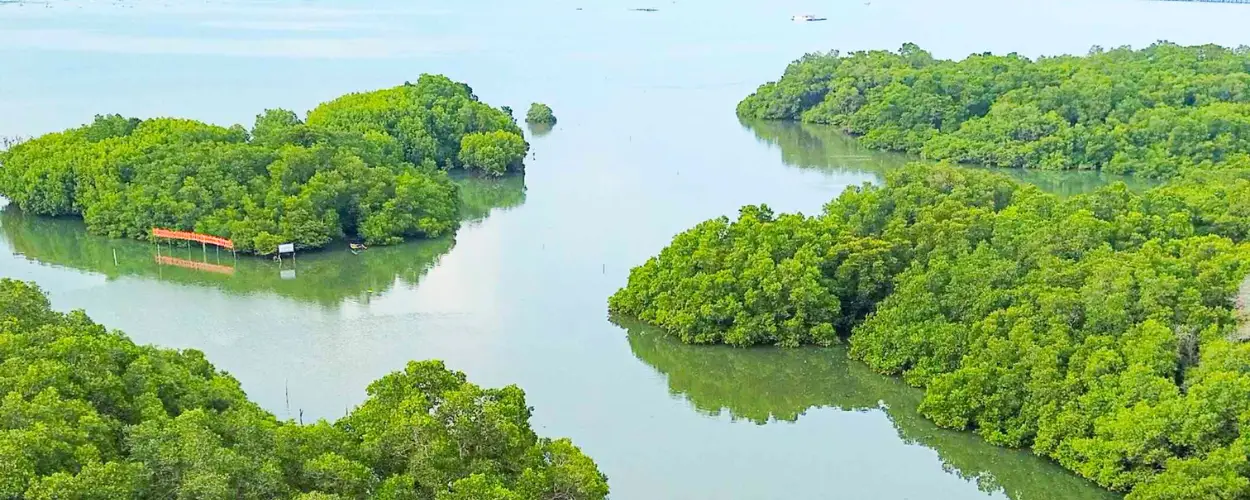
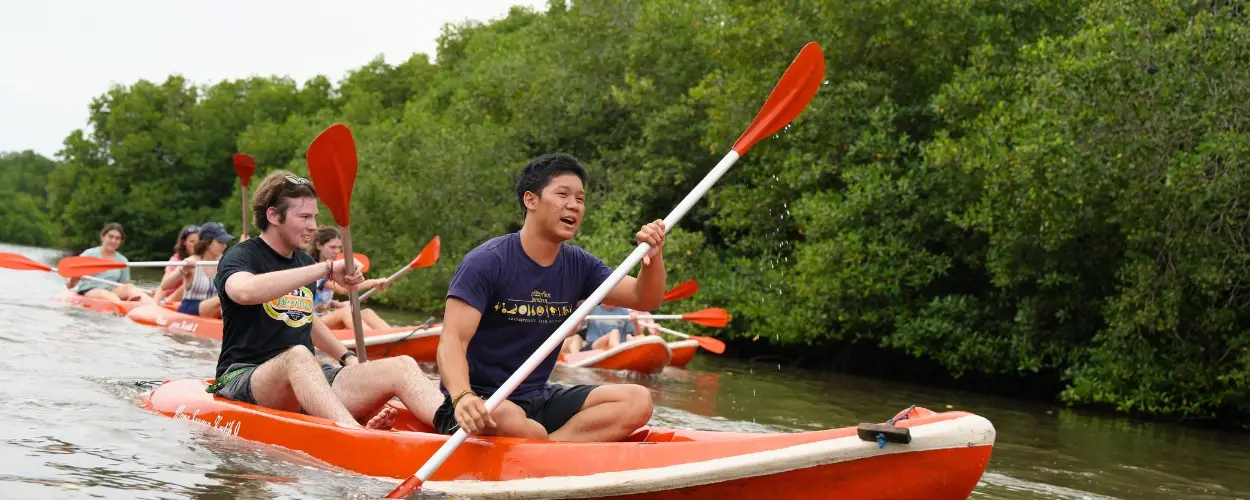
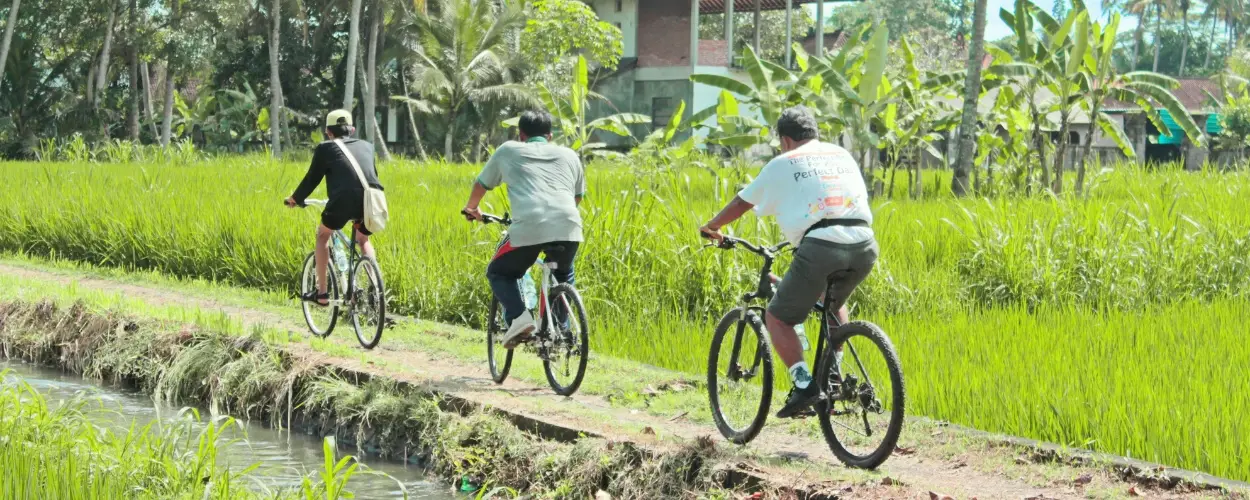
comments